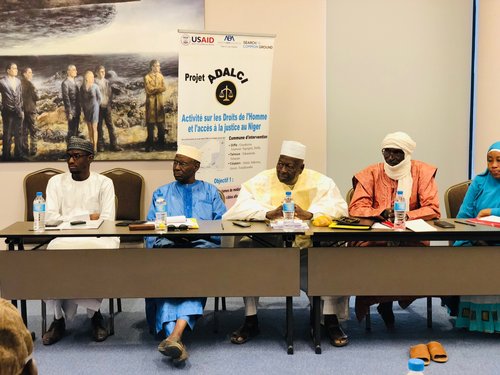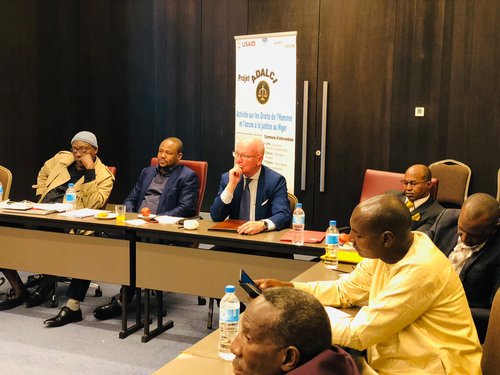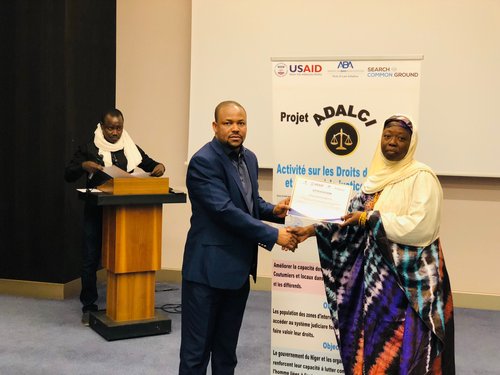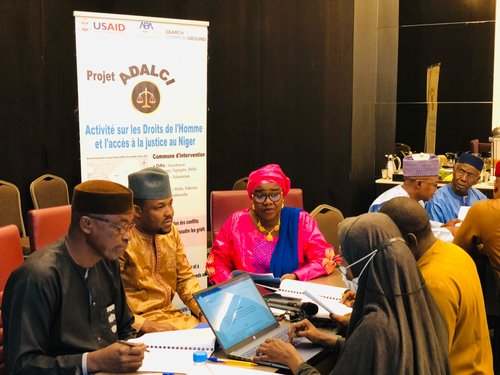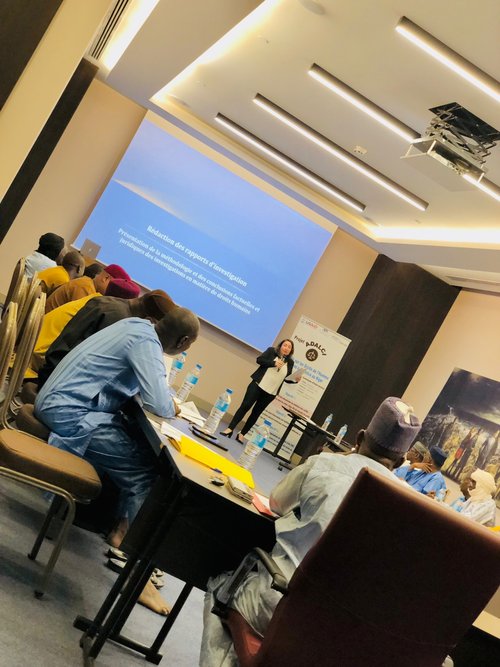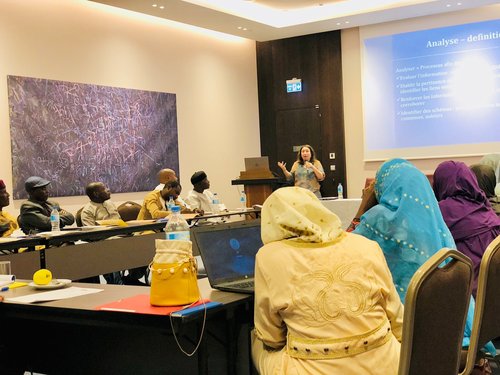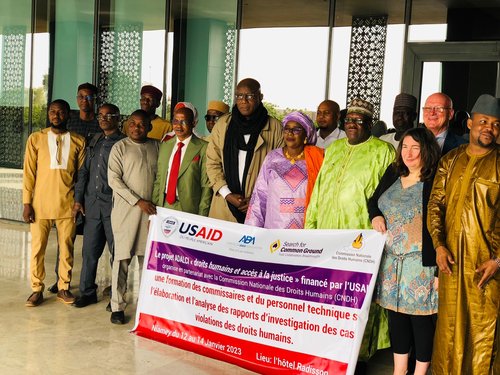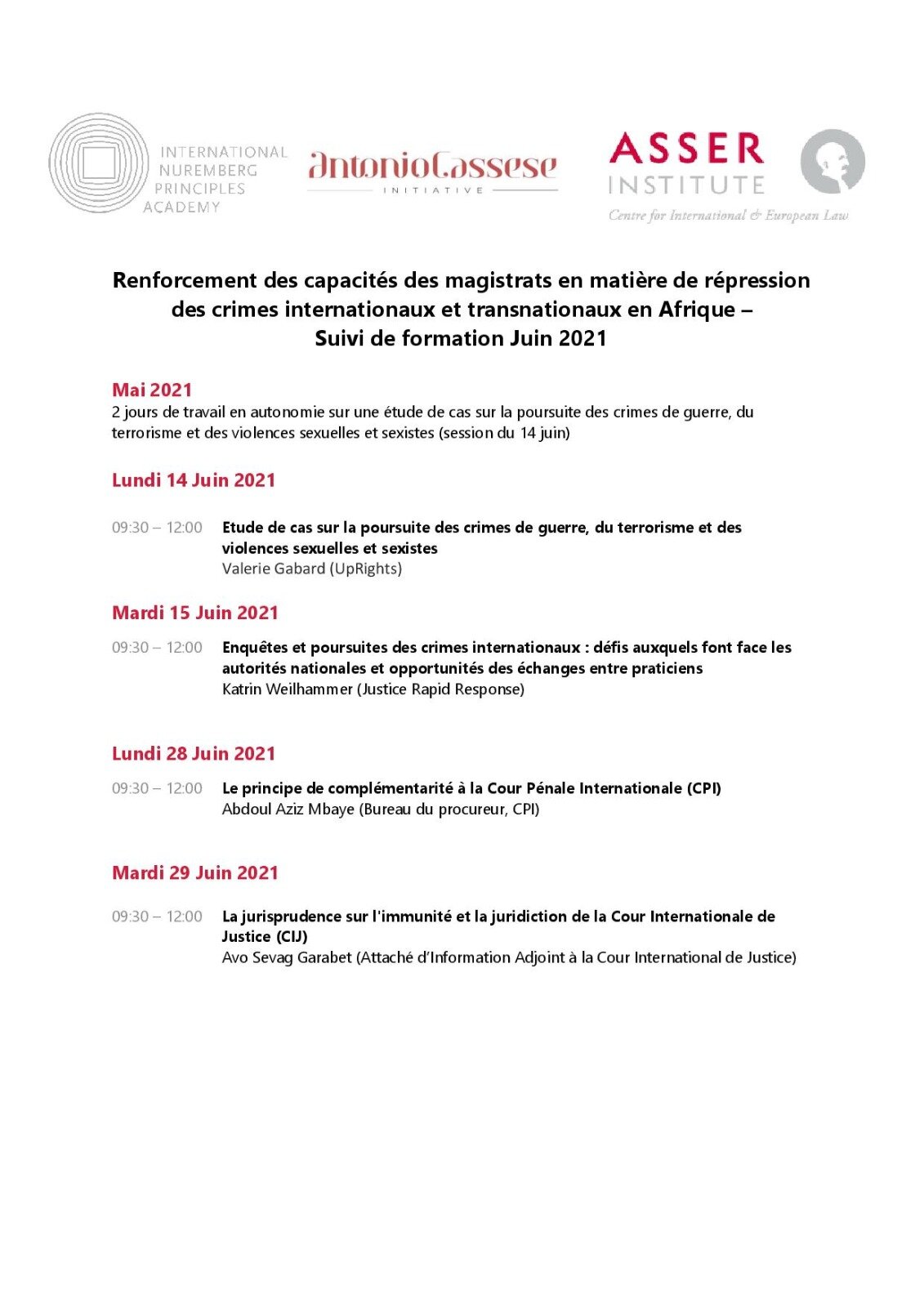On June 22nd, UpRights took part in the presentation of the Benchbook on the Adjudication of International Crimes under Ukrainian Domestic Law. Building upon a judicial need assessment promoted by the USAID Justice for All Activity in July 2022, the Benchbook was developed in close cooperation with the Ukrainian Supreme Court and the National School of Judges of Ukraine by Ukrainian judges, UpRights and Global Rights Compliance supported by MATRA-Ukraine Project.
Since the start of the war on February 24, 2022, Ukrainian courts have received 124 war crimes cases rendering 33 judgments with 91 cases currently pending. Having acknowledged the necessity for the Ukrainian judicial system to prosecute and judge an increasing amount of war crimes, the Benchbook was created to provide judges with a structured framework to adjudicate international crimes in accordance with international and domestic norms and procedures.
By compiling relevant international legal sources, including international treaties, judicial decisions, and academic commentaries, and evaluating their applicability at the domestic level in the context of international crimes, the publication aims to assist judges in the interpretation and application of the relevant domestic offences. The Benchbook is designed to help promote accountability for international crimes by providing critical support to judicial processes at the national level, strengthening the legal framework and increasing the capacity of courts to draft high-quality and well-reasoned judgments in international crimes cases.
UpRights contribution to the drafting of this important document is intended to help address the growing number of criminal proceedings being registered, classified and adjudicated in the Ukrainian context in order to support the important work of the National School of Judges in pursuing the administration of justice for international crimes.


